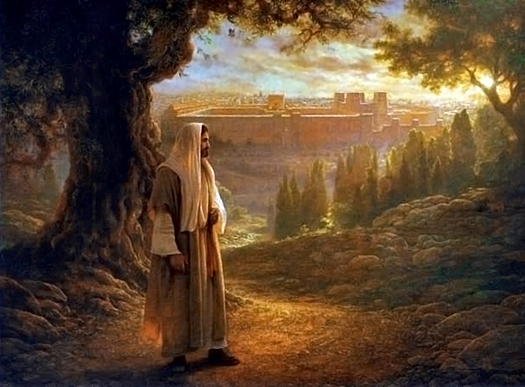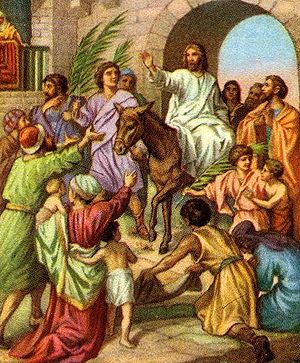
The horrifying news of a terrorist organization recently beheading 21 young Coptic Egyptian Christians was heartrending. However, this is not the first time Christians have been killed for their faith. Persecution has been a part and parcel of Christian faith from its inception. The problem is not persecution, because Jesus Christ clearly stated: “In this world you will have trouble” (John 16: 33). Instead, the real problem is a Christian faith without knowledge of persecution or that perceives little inconveniences as persecution. Many of us would identify ourselves as Christians without the blink of an eye. But few would take the time to pause and think what it actually means to be identified as a Christian. The season of Lent provides us with such an opportunity to hit the pause button on our busy schedules and take time to reflect on our faith.
In the first three centuries of Christian faith, when the church was persecuted daily by kings and governments, one would not venture out to declare him/herself a Christian unless it came out of deep-rooted inward conviction and unwavering commitment to the Lord Jesus Christ. When it was not fashionable to call oneself a Christian, if someone dared to declare one to be a Christian he/she knew that it involved the persecution; the burning in fire, the burning as torches in the night tied to posts and pillars, the hanging on the cross, and being thrown in the boiling oil. It involved being banished from their society, thrown in prisons, left to die in dungeons, and being offered as food to hungry animals. To identify as a Christian meant to be ready to not just be ridiculed and frowned upon by people and governments; but it meant to be ready to sacrifice not only one’s property, but family, dear ones, and his/her own life for the sake of one’s faith. However, what the persecution ultimately did for the church was to purify it. The fires of suffering and martyrdom refined the church of dross and made it so strong that it not only survived but has thrived over the centuries.
Therefore, in the wake of growing worldliness and corruption in the church, let’s make use of Lent to pause and ponder on what it means to be a Christian today. What is our inner conviction? Who are we committed to and for what? Are we ready to face opposition to the practice and propagation of our faith in Christ? How will we respond if someone takes away our little conveniences such as a parking spot closer to the door or a familiar cushioned seat in the church? Will we leave a church just because we can find a better “deal” for our children at the new church down the lane? Will we stop financially supporting a church just because the pastor preached the truth instead of trying to be politically correct? Will we take the time to fast and on these issues? Will we take time off to go back to the Scriptures because we truly believe that “All scripture is given by inspiration of God, and is profitable for doctrine, for reproof, for correction, for instruction in righteousness: That the man [and woman] of God may be perfect, thoroughly furnished unto all good works” (2 Timothy 3: 16-17). And as we do this during Lent, let us hope and pray that God will deliver you and me from lukewarmness, loss of devotion, loss of zeal for the Lord, and prepare us to be truly Christian.
2 Comments







